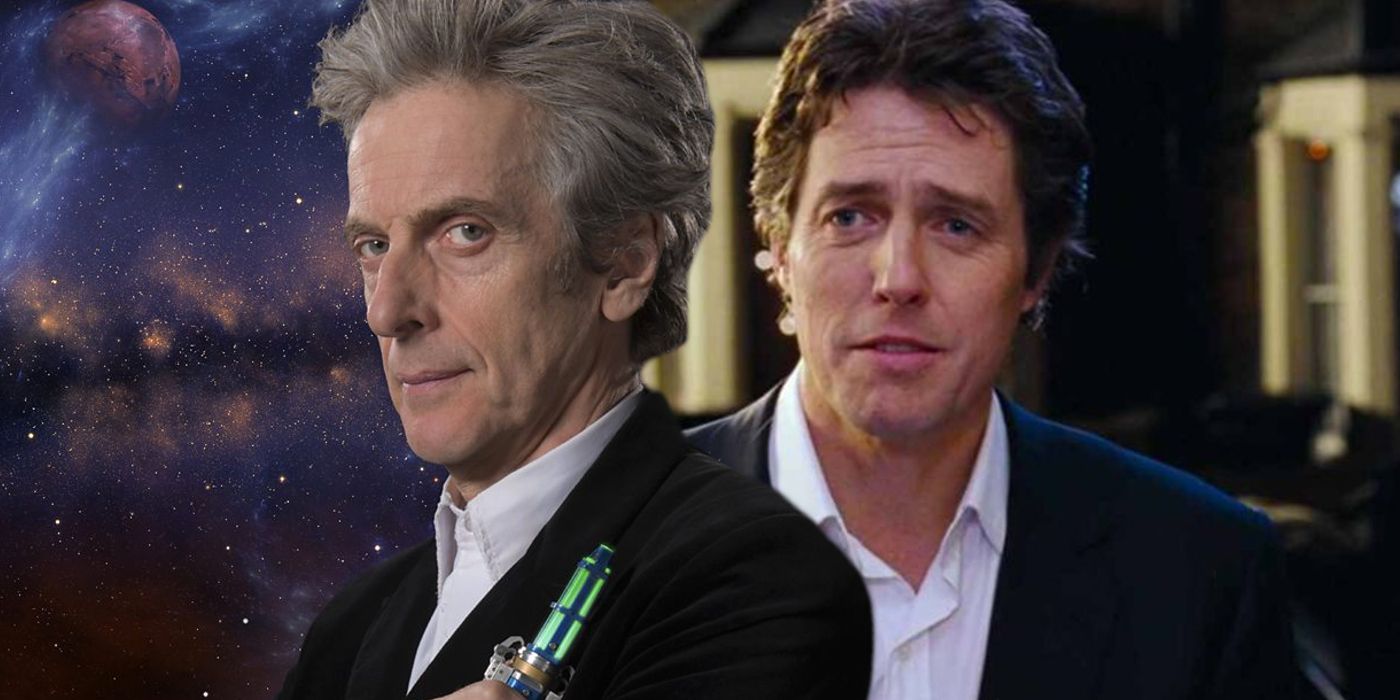Hugh Grant is the latest in a long line of actors rumored to be the next Doctor Who - but the debunking of these rumors doesn’t change the fact that Hugh Grant has already been the Doctor. Interestingly, Russell T Davies originally had Grant in mind to play the Ninth Doctor when he resurrected the series back in 2005, but he turned down the role. In later years, Grant reflected on his decision, saying that he regretted his refusal considering the revived show’s huge success.
Russell T. Davies would return to his desire to work with Hugh Grant, when he starred in Davies’ dramatization of the British MP Jeremy Thorpe’s failed plot to have his lover murdered. Directed by Stephen Frears, and co-starring Ben Whishaw as Thorpe’s lover, A Very English Scandal was another TV hit for the acclaimed screenwriter. It was a further step in Grant’s resurgence as a character actor, moving away from the romantic leads he had played earlier in his career. It’s easy to see how this scenario resulted in rumors of his involvement in Doctor Who’s 60th anniversary.
Whether or not Hugh Grant is telling the truth about his non-involvement, the actor has already played the Doctor for a different 21st-century showrunner. Back in 1999, six years before the return of the series to TV, Grant played the role of the Doctor in a charity special for the bi-annual Comic Relief telethon. It was written by future Doctor Who showrunner Steven Moffat, and is a fascinating curio that predicts many of the major changes that the 21st century would bring to the series.
Airing on the 12th March 1999 as 4 x 5 minute episodes, “The Curse Of The Fatal Death” was an affectionate parody of Doctor Who tropes that mostly played it straight. It featured Jonathan Pryce as the Master, Rowan Atkinson as the Ninth Doctor and the Daleks. It has the jokes, sharp wit and clever plotting that would come to define Moffat’s later work on the series. For example, the Doctor and the Master one-up each other by nipping back and forth in time to undo the other’s plans. The relationship between the Doctor and the Master isn’t a million miles away from that of Peter Capaldi and Michelle Gomez as the Doctor and Missy.
The final episode of the Doctor Who special sees several sci-fi mishaps cause Rowan Atkinson’s Doctor to regenerate into Richard E Grant, Jim Broadbent, and then Hugh Grant. Grant was a big star in 1999, with Notting Hill released in the same year, and thus his appearance at that time is the sort of star casting that only a charity like Comic Relief and his frequent collaborator Richard Curtis could command. In his brief cameo, he plays a dashing, handsome version of the Doctor that’s not unlike Paul McGann’s portrayal of the character. He even gets to act out the Doctor’s “death” scene when it appears that he no longer has any regenerations left. “Look after the universe for me, I’ve put a lot of work into it,” he says just before he unexpectedly regenerates into Joanna Lumley, the first female Doctor.
If the Timeless Child revelations in Jodie Whittaker’s era of the show are anything to go by, then it’s entirely possible that Steven Moffat’s “The Curse of the Fatal Death” is part of established canon. The notion of multiple mystery Doctors does open the doors for this cavalcade of celebrity, charity Doctors to be properly canonized. Regardless of whether Hugh Grant is lying or not about appearing as the Doctor in Doctor Who’s 60th anniversary is immaterial, as for one mad night in 1999, he was the Twelfth Doctor.
About The Author
